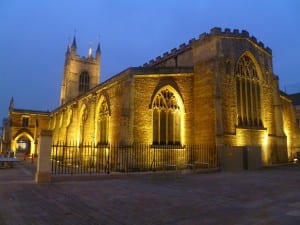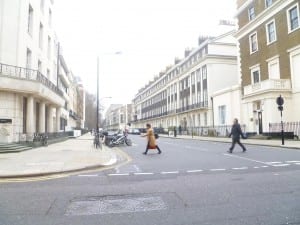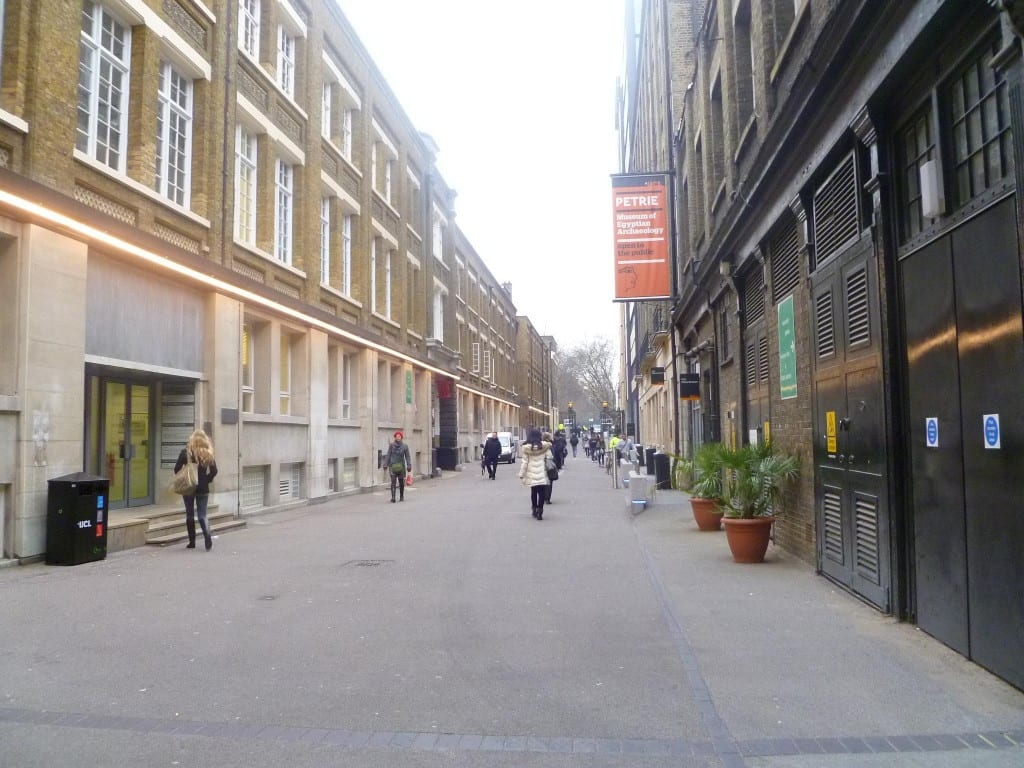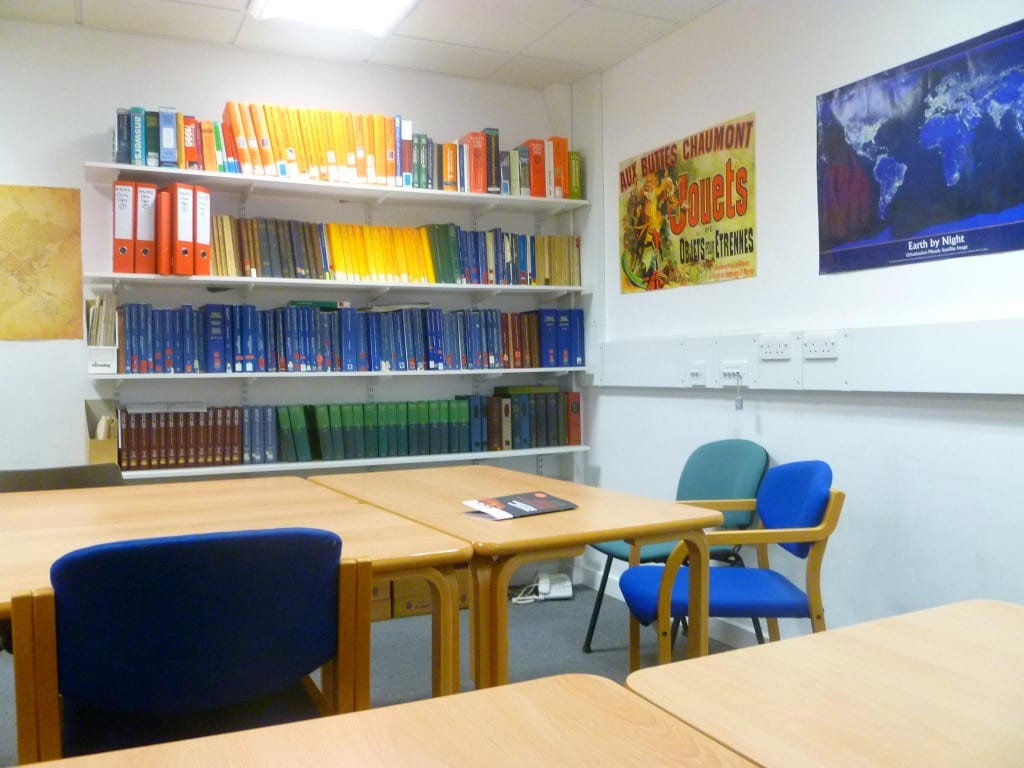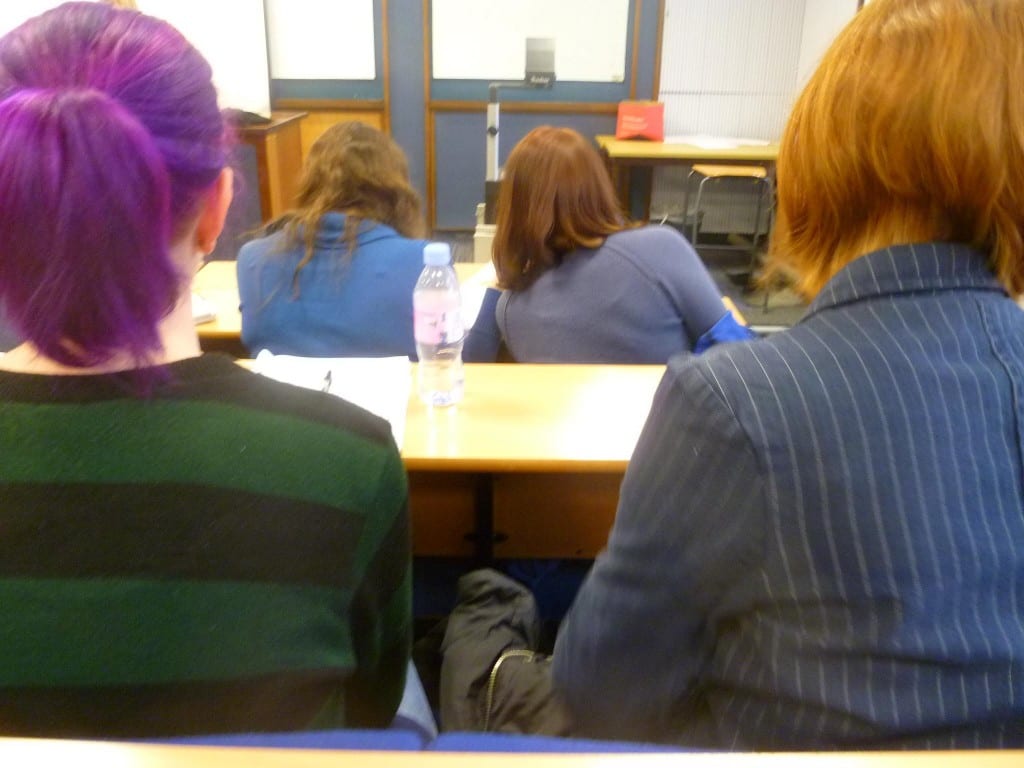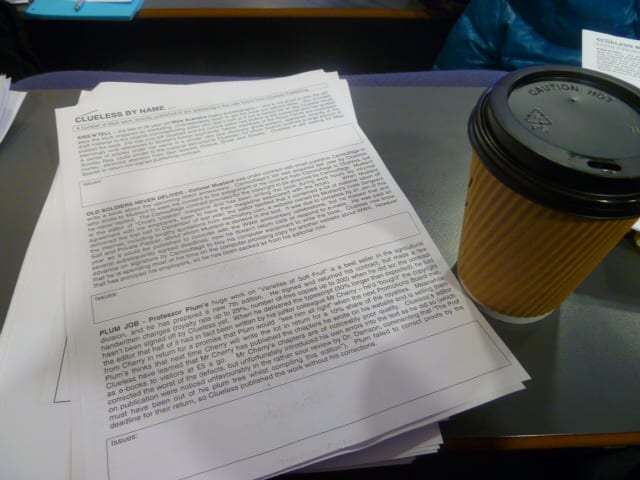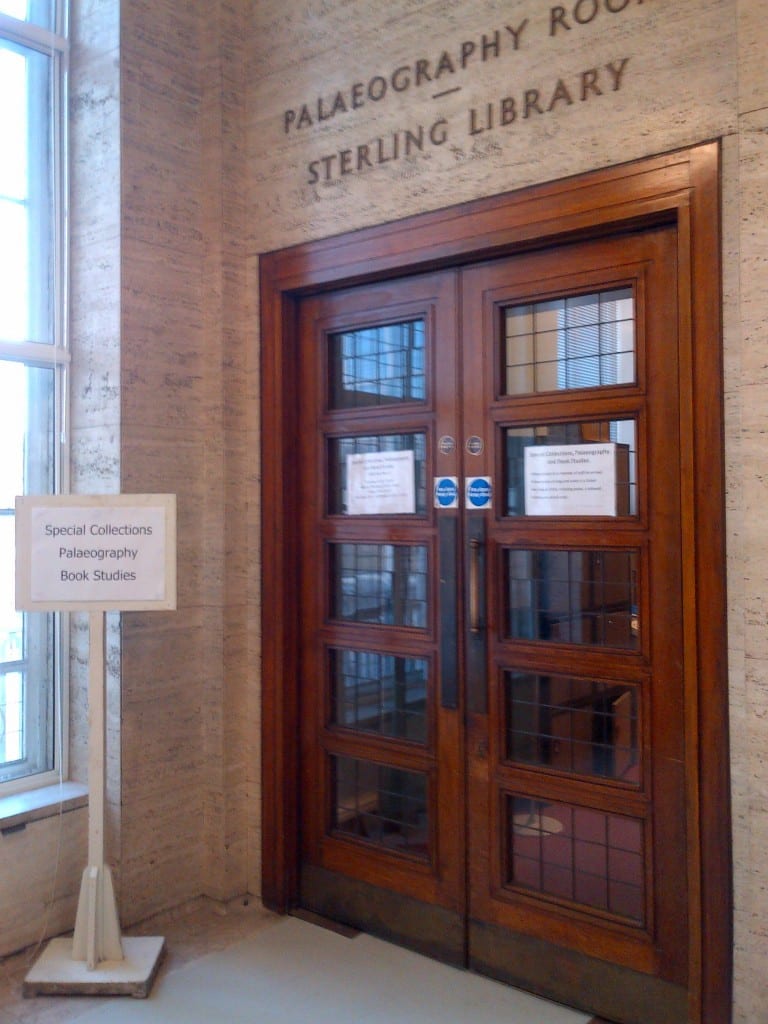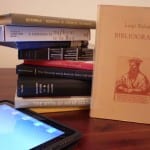Library Student Day in the Life – Monday
By Natalie Kent, on 6 March 2013
I’m writing this post for the Hack Library School project Library Student Day in the Life. Hopefully it will provide a bit of insight into what life is like at UCL.
I’m a full-time student on the MA in Library and Information Studies at UCL. We are now well into the second teaching term, and almost half way through the course as a whole. In fact, we only have a few weeks of teaching left now and time has really flown.
This morning I had a 10 am lecture for our module Information Sources and Retrieval. I arrived into UCL a bit early and spent the time before the lecture in one of UCL’s computer clusters to sort out my emails and look at my schedule for the week ahead. Today’s session was about medical information sources. We looked at the healthcare information domain, and considered who might need access to information and the changes which have come about in recent years. I realised that ‘medical information’ is wide reaching, and not easy to define. We also looked at the different types of resources available, and where there might be intrinsic strengths and weaknesses. This session lasted 2 hours, and then we all decamped to a nearby computer cluster for a practical session to learn more about the database Medline, and specifically their free service Pubmed from a practising librarian working in neurology – a very helpful session!
After this I had lunch with friends on the course. My day technically could have finished there – I built up enough credits last term so that I don’t have to take any optional modules this term. But one of the great things about UCL is that students are able to audit additional modules, and I’d been given permission to sit in on the afternoon’s advanced cataloguing class.
The 3-hour cataloguing class was split into two halves. In the first half, a professional cataloguer shared her experience of setting up and managing a successful institutional repository. Before this I didn’t have a very extensive grasp of the metadata requirements of institutional repositories, or many of the challenges involved. We were also able to discuss issues surrounding management in cataloguing, and what different approaches might be taken. All in all it was a very interesting and helpful session. In the second half we looked at how to catalogue maps, a skill that might well come in useful at some point in the future!
My day didn’t end there as I then had an evening shift at my part-time job in a law library. Most of the students on the course do some kind of part-time work as well. I’ve certainly found it very useful to be able to apply some of the theoretical knowledge I’m building on the course in a practical way.
At the end of this rather busy day I got the bus back to my flat, feeling very glad that tomorrow morning’s lecture doesn’t start until 10!
 Close
Close


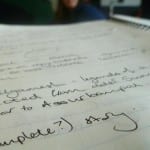 Next week students from various library schools will be taking part in
Next week students from various library schools will be taking part in  Yesterday part-time MA LIS student Siobhan Britton gave an introduction to zine-making at a
Yesterday part-time MA LIS student Siobhan Britton gave an introduction to zine-making at a 

